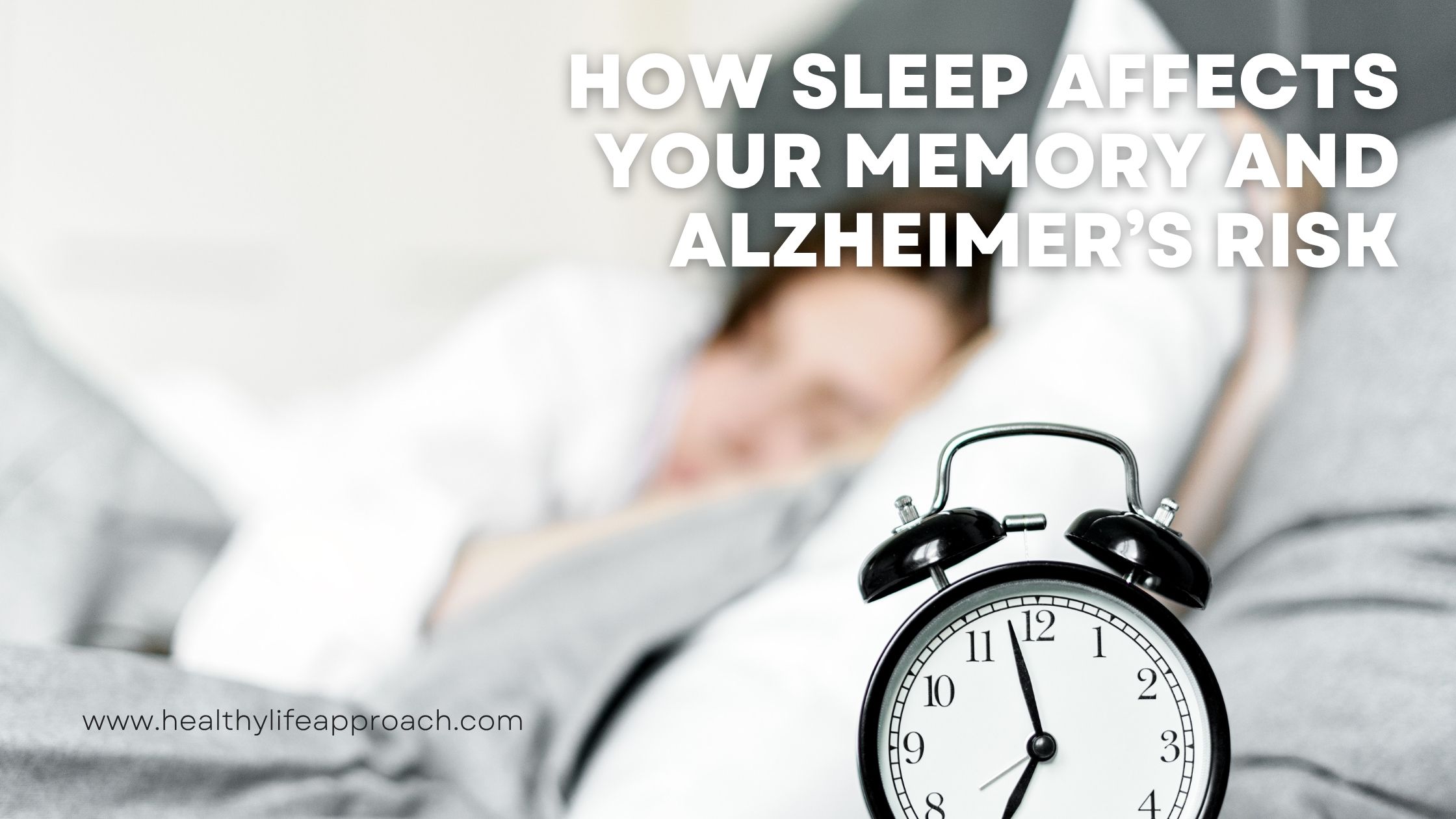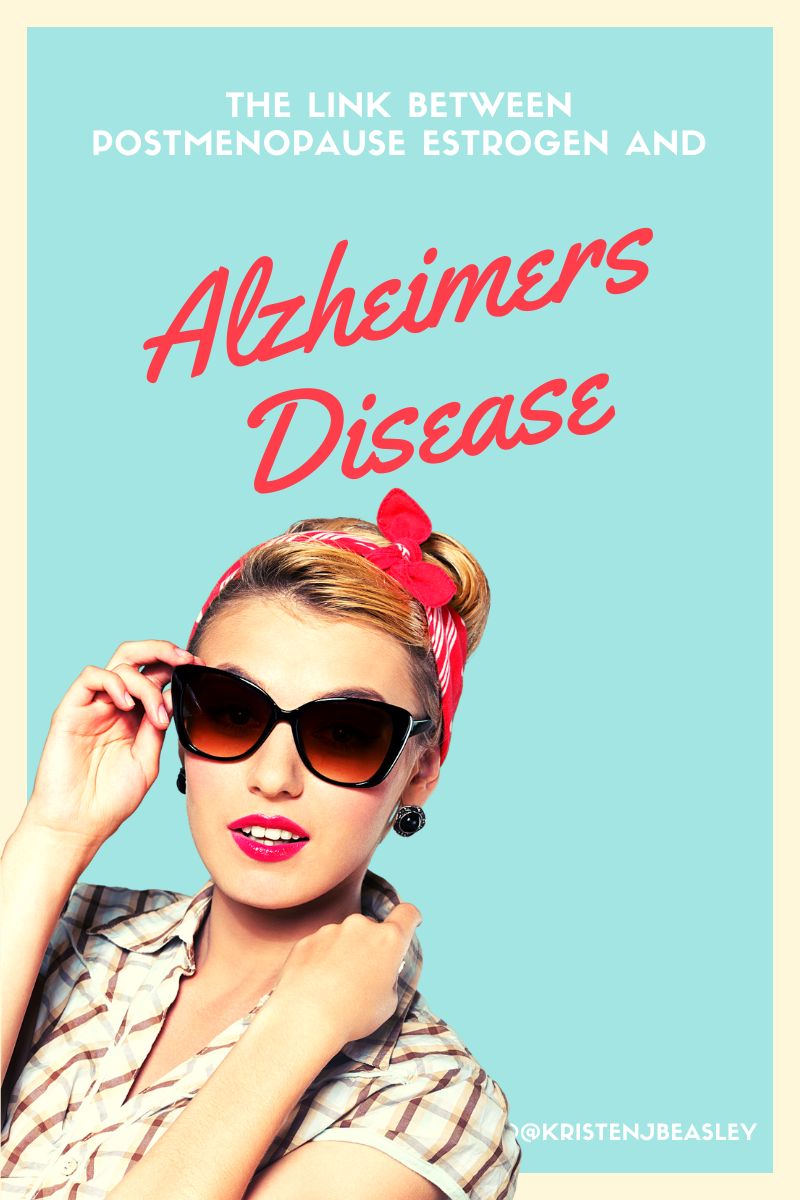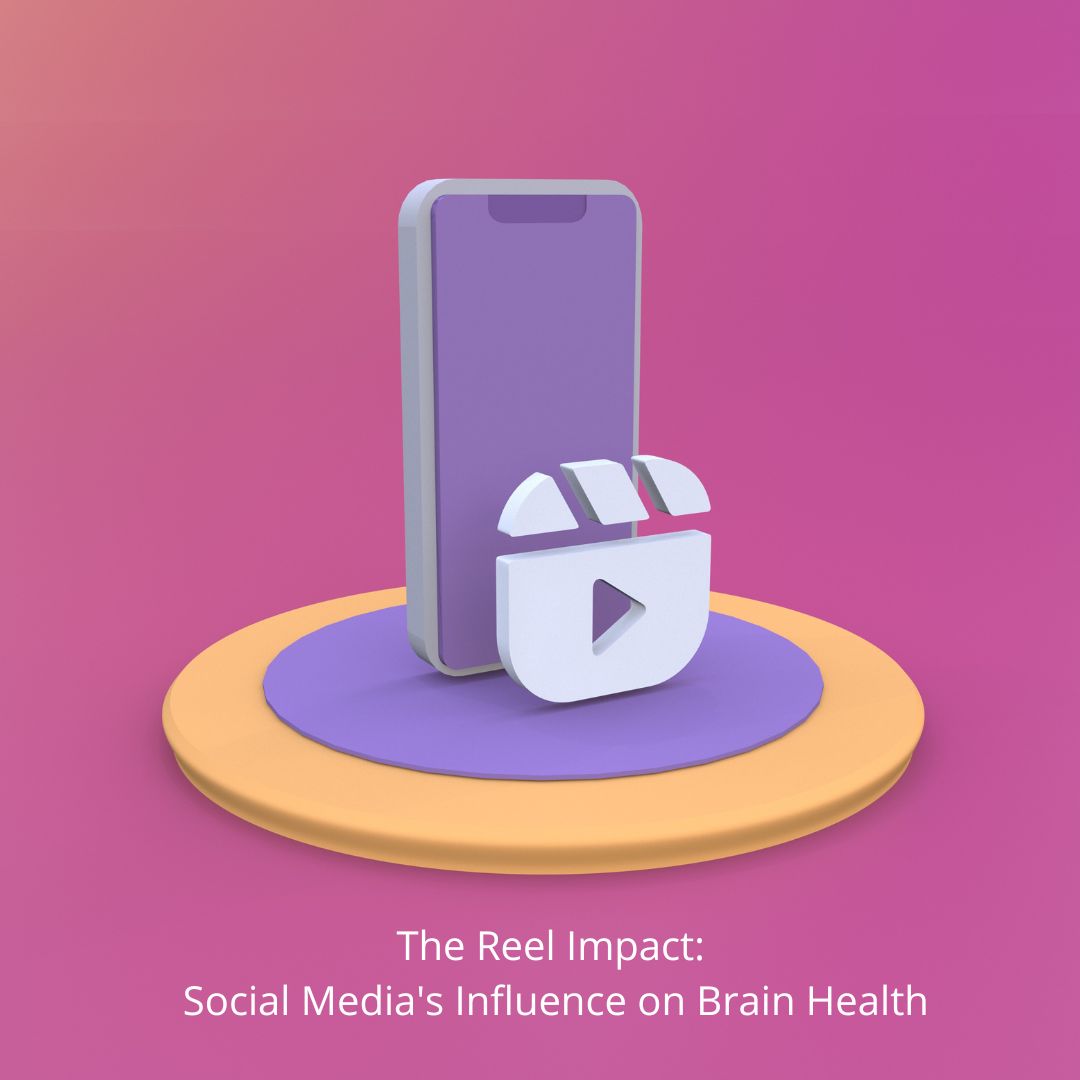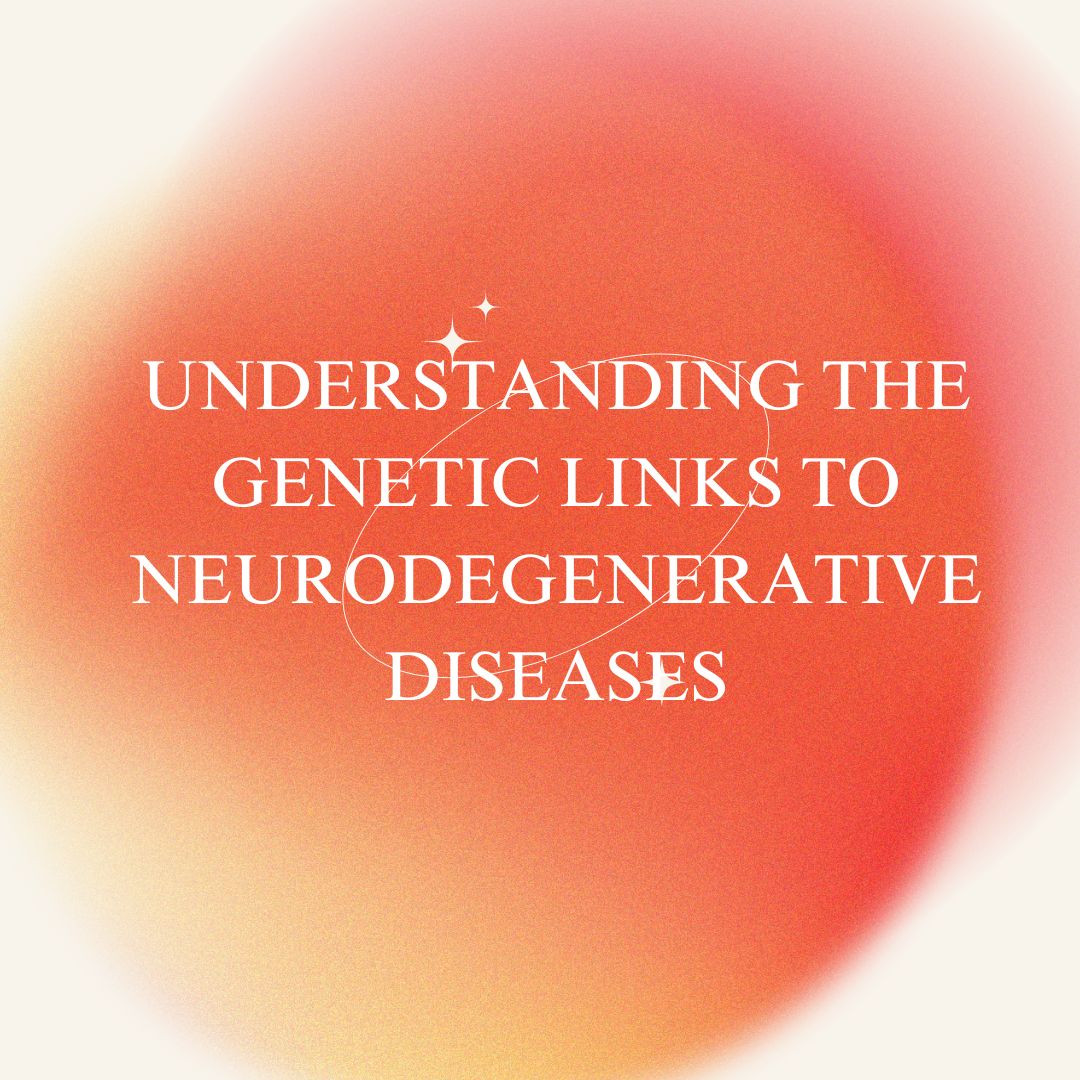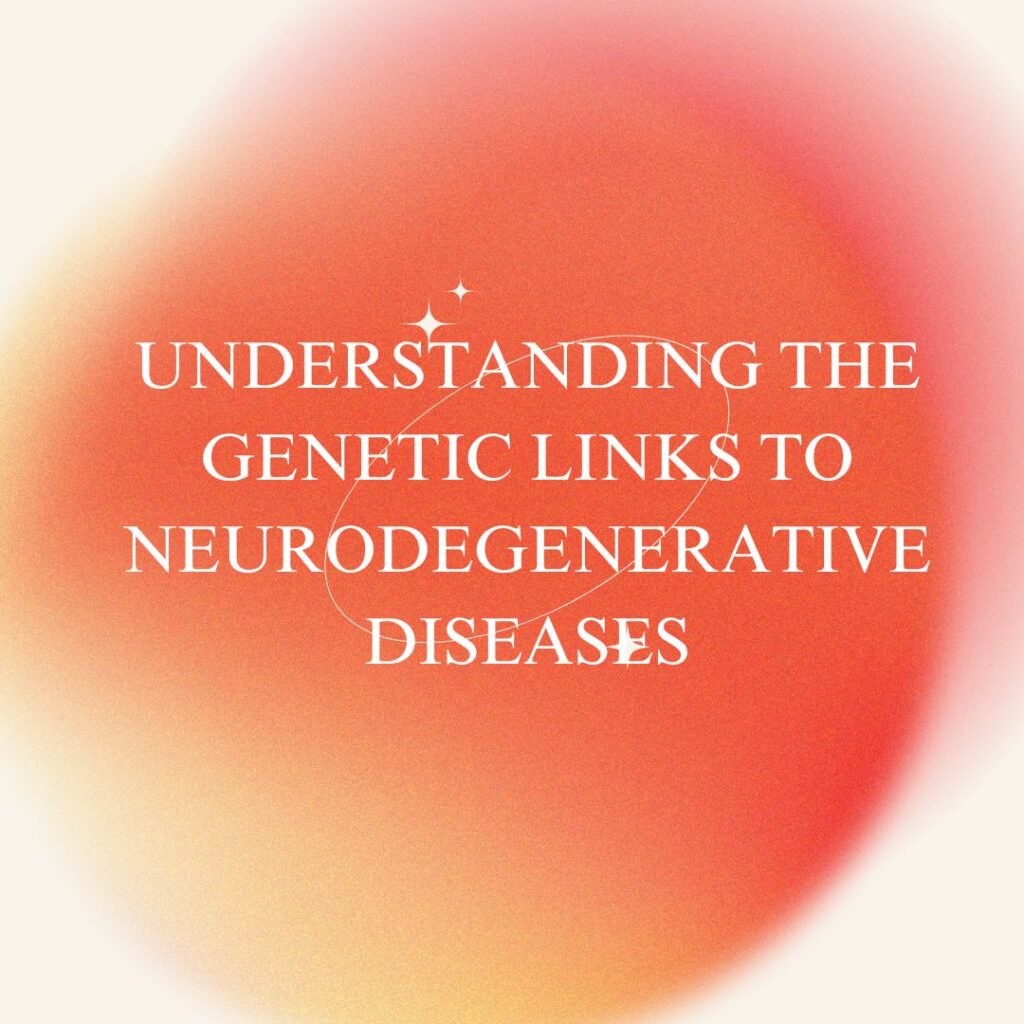
By: Kristen J. Beasley
If you’ve been feeling concerned about your brain health or worried about a family history of Alzheimer’s or other neurodegenerative diseases, you’re not alone. For many women transitioning through perimenopause or menopause, these fears feel all the more real. But here’s the good news—you can take charge of your cognitive health with a blend of knowledge, lifestyle changes, and preventative strategies.
Today, we’re going to explore the genetic factors that could contribute to a higher likelihood of neurodegenerative diseases, particularly Alzheimer’s. We will also discuss how to use this information as a springboard toward better health.
The Genetics of Neurodegenerative Diseases
Neurodegenerative diseases like Alzheimer’s and Parkinson’s may have a genetic component, meaning certain variations in our DNA can increase susceptibility. One of the most well-known genetic markers for Alzheimer’s is the APOE gene, specifically the APOE ε4 variant.
What is the APOE Gene, and Why Does it Matter?
The APOE gene affects how your body handles cholesterol and repairs brain cells. People who inherit one copy of the APOE ε4 variant from a parent may have a higher risk of developing Alzheimer’s. The risk is even higher for those who inherit two copies (one from each parent). However, it’s important to remember that APOE ε4 is a risk factor, not a guarantee. Lifestyle, environment, and other genetic factors also play a significant role.
Other genes, such as PSEN1, PSEN2, and APP, are also linked to early-onset Alzheimer’s, although these are much rarer.
Hormonal Changes, Menopause, and Neurodegenerative Diseases
During perimenopause and menopause, declining levels of estrogen have been linked to an increased risk of neurodegenerative diseases (Influence of the Onset of Menopause on the Risk of Developing Alzheimer’s Disease). Estrogen isn’t just essential for reproductive health but also plays a critical role in cognitive function, memory, and protecting neurons from damage. This hormonal shift may make the brain more vulnerable, especially if there’s already a genetic predisposition to Alzheimer’s or other conditions.
Understanding how your genes and hormones interact can help you take proactive, practical steps to navigate this transitional phase of life.
Taking Action with Preventative Strategies Against Neurodegenerative Diseases
Whether you have a family history of neurodegenerative diseases or mild cognitive concerns, there are targeted steps you can take to support your brain health and reduce your risk. While you can’t change your genes, you can change your daily habits and overall lifestyle. Here are some evidence-based strategies inspired by experts like Dr. Dale Bredesen and Dr. Daniel Amen.
Follow the Bredesen Protocol
Dr. Dale Bredesen’s Protocol is part of Apollo Health, and he is the author of The End of Alzheimer’s. His protocol offers a comprehensive, personalized approach to preventing and reversing cognitive decline. Here are some actionable highlights:
- Dietary changes: Focus on a nutrient-rich, plant-based ketogenic diet to optimize brain function and reduce inflammation. Incorporate healthy fats, leafy greens, and antioxidant-rich foods.
- Sleep optimization: Prioritize restorative sleep, aiming for 7-8 hours per night to allow the brain to repair and detoxify.
- Detoxify your environment: Reduce exposure to toxins such as heavy metals, mold, and pesticides, which can exacerbate cognitive decline.
- Exercise regularly: Engage in aerobic and resistance exercises to boost blood flow to your brain.
Address the BRIGHTMINDS Risk Factors
Dr. Daniel Amen’s BRIGHTMINDS framework identifies some significant risk factors for brain health. He is the author of Memory Rescue. These risk factors can be addressed with targeted interventions:
- Blood flow: Exercise and cardiovascular health are key.
- Retirement and aging avoidance: Keep your brain active with learning or hobbies.
- Inflammation control: Use anti-inflammatory foods and supplements like omega-3s.
- Genetics: Understand your family history and take preventive steps.
- Head trauma prevention.
- Toxins avoidance—avoid alcohol and limit exposure to harmful chemicals.
Mind Your Hormones
Consult with a licensed healthcare practitioner to discuss the role of hormone replacement therapy (HRT). This may help mitigate some cognitive risks tied to menopause. Alternatively, explore natural hormone-balancing techniques such as consuming phytoestrogen-rich foods (e.g., flaxseeds, soy) and managing stress to support healthier cortisol levels.
Activate Your Brain
Your brain thrives on activity! Engage in mind-stimulating exercises such as puzzles, learning a new skill, or picking up a language. These activities build new neural connections, keeping your brain soft, resilient, and adaptable.
Test and Don’t Guess to Know Your Risk for Neurodegenerative Diseases
You might benefit from genetic testing (such as APOE testing) or lab work to evaluate inflammation markers, hormone levels, or nutrient deficiencies. This data can guide you in crafting a more personalized preventive approach.
Consider genetic testing to see your APOE status with 3X4 genetics. Another option is Function Health. Function is a lifelong health platform costing just $42 per month. Twice a year, it provides over 100 advanced lab tests for heart, hormones, thyroid, liver, kidneys, autoimmune markers, cancer signals, toxins, heavy metals, and more. These tests are available at 2,000 locations across the U.S. The Function app then tracks your results over time, delivering personalized insights from top doctors and action items to improve your health. Each round of testing also includes a full written clinician summary. You can add APOE to the biomarkers measured for an extra fee. I use Function Health and love it!
Creating a Supportive Lifestyle Together
It’s no secret that tackling these changes as an individual can feel overwhelming. That’s why it’s important to find supportive communities, healthcare providers, and specialized wellness programs. Surrounding yourself with people who understand your concerns about menopause and brain health can make all the difference.
At its core, brain health isn’t just about trying to prevent Alzheimer’s—it’s about thriving during perimenopause and beyond. Small, consistent changes in diet, exercise, sleep, and mental activity can significantly affect overall well-being.
If you’re ready to take control of your brain health, why not start today? Could you try out one of the expert-led protocols mentioned above? Knowledge is power, and when paired with action, it becomes transformation.
Join the Movement
Stay informed, get inspired, and connect with a like-minded community of women passionate about brain and hormone health. Subscribe to our newsletter below and explore how you can elevate your mind and life. Together, we’ve got this!
Medical and Affiliate Disclaimer
I am not a licensed medical professional, and the information I’ve shared in this blog post is for general informational purposes only. The content of this blog post is not intended to substitute for professional medical advice, diagnosis, or treatment. Always seek the advice of your physician or other qualified health provider with any questions you may have regarding a medical condition.
This blog post may contain affiliate links. If you click on these links and make a purchase, I may receive a commission at no additional cost. As an Amazon Associate, I earn from qualifying purchases.
